Soranib 200mg Tablets (Sorafenib)
₨8,000.00
Soranib tablet contains Sorafenib which is now available in Pakistan at Online Pharmacy. The price of Soranib 200mg Tablets is Rs 6,500/- to Rs 8,500/-.
Product Description:
Brand: Soranib
Packet Size: 30 Tablets
Active ingredient: Sorafenib
Manufacturer: Cipla
Treatment: Cancer
Additional Details
Uses of Soranib Tablets
Soranib 200 mg tablets are primarily used for treating certain types of cancer:
Advanced renal cell carcinoma (kidney cancer): This is the most common use for Soranib. It targets patients who are either ineligible for surgery or haven’t responded to other treatments.
Advanced hepatocellular carcinoma (liver cancer): Soranib can be used in patients with this type of liver cancer who are not eligible for surgery or other treatments.
Differentiated thyroid carcinoma (thyroid cancer): This use is specific to patients with this type of thyroid cancer who are resistant to radioactive iodine therapy.
How Does Soranib Tablet Work?
Soranib Tablet works by slowing or stopping the growth of cancer cells. The usual recommended dose is to take it by mouth on an empty stomach.
How Should You Take Soranib 200mg Tablets?
You should take Soranib 200mg tablets on an empty stomach, although it’s okay to take them with a low-fat meal accompanied by a full glass of water. Usually, you need to take these tablets twice a day. To ensure maximum effectiveness, it’s crucial for you to take them at the same times every day. Remember, a doctor will determine the right dosage for you, and this may vary over time.
Recommended Dosage of Soranib 200mg Tablets
The recommended dosage of Soranib 200mg tablets is 400mg (two tablets of 200mg) twice daily, which is equivalent to a total daily dose of 800mg.
Warnings and Precautions of Soranib Tablets
Warnings
You should avoid using Sorafenib if you have squamous cell lung cancer and are undergoing treatment with carboplatin and paclitaxel.
Sorafenib may lead to heart problems. If you experience chest pain, rapid heartbeats, difficulty breathing, or swelling in your midsection or lower legs, seek emergency medical assistance immediately.
Sorafenib can also cause severe bleeding. Contact your doctor if you notice blood in your urine or stools, abnormal vaginal bleeding, severe stomach pain, coughing up blood, or any uncontrolled bleeding.
Precautions
Avoid Sorafenib if you’re allergic to it, or if you have squamous cell lung cancer and are being treated with carboplatin and paclitaxel.
Inform your doctor if you have a history of:
Heart issues, chest pain, or heart attack;
Long QT syndrome (in yourself or a family member);
High blood pressure;
Electrolyte imbalances (like unusual calcium, magnesium, or potassium levels in your blood);
Bleeding problems; or
Past surgeries.
Sorafenib can harm an unborn baby or cause birth defects if either the mother or the father is using it.
If you’re a woman, do not use Sorafenib if you are pregnant. You should have a negative pregnancy test before starting treatment and use effective birth control during the treatment and for 6 months after your last dose.
If you’re a man with a partner who is pregnant or could become pregnant, use effective birth control. Continue this for at least 3 months after your last dose.
Inform your doctor immediately if a pregnancy occurs while either the mother or the father is using Sorafenib.
Possible Side Effects of Soranib Tablets
You should get emergency medical help if you show signs of an allergic reaction, such as hives, difficulty breathing, or swelling in your face or throat, or if you experience a severe skin reaction. This could include fever, sore throat, burning eyes, skin pain, and a red or purple skin rash with blistering and peeling.
Also, seek emergency help if you have symptoms that might indicate a heart attack or heart failure: chest pain, rapid heartbeats, sweating, nausea, trouble breathing, feeling light-headed, or swelling around your midsection or lower legs.
Serious Side Effects of Sorafenib:
Contact your doctor immediately if you experience any of the following serious side effects:
Fast or pounding heartbeats, fluttering in your chest.
Shortness of breath, sudden dizziness (as if you might faint);
Easy bruising or bleeding (nosebleeds, bleeding gums).
Heavy menstrual periods or unusual vaginal bleeding.
Pain, redness, swelling, rash, blisters or peeling in the palms of your hands or soles of your feet.
Fever with nausea, vomiting, or severe stomach pain.
A surgical incision or wound that won’t heal.
Liver problems–symptoms include loss of appetite, stomach pain (upper right side), nausea, dark urine, clay-colored stools, jaundice (yellowing of the skin or eyes);
Signs of internal bleeding–such as pink or brown urine, abnormal vaginal bleeding, bloody or tarry stools, coughing up blood, or vomit that looks like coffee grounds.
Treatment Delays or Discontinuations:
Your cancer treatments may need to be delayed or permanently discontinued if you experience certain side effects.
Common Side Effects of Sorafenib:
The common side effects you might experience include bleeding, feeling tired, vomiting, diarrhea, nausea, stomach pain, high blood pressure, rash, and weight loss or thinning hair.



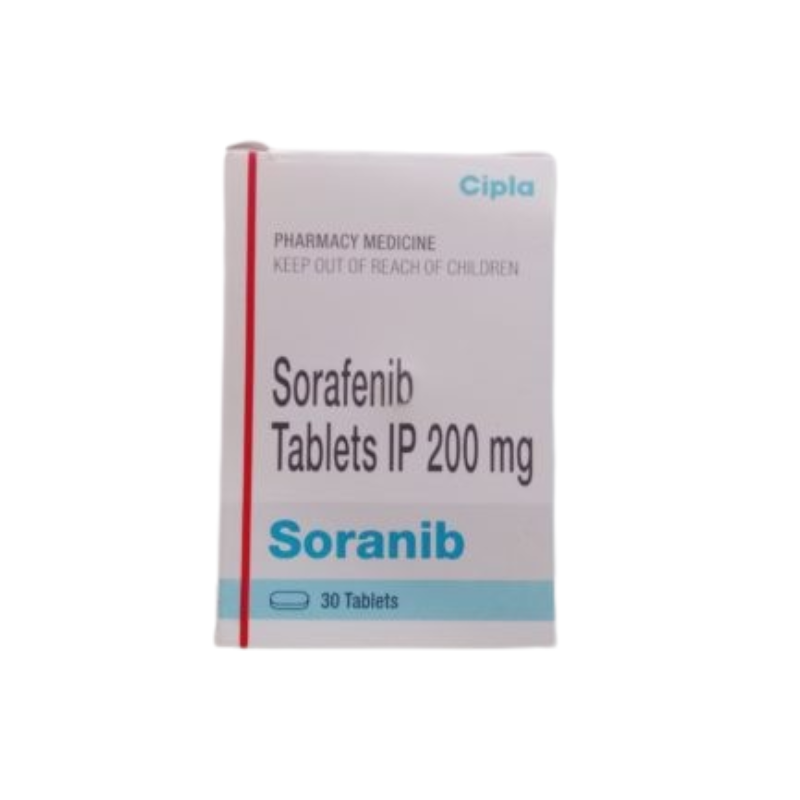
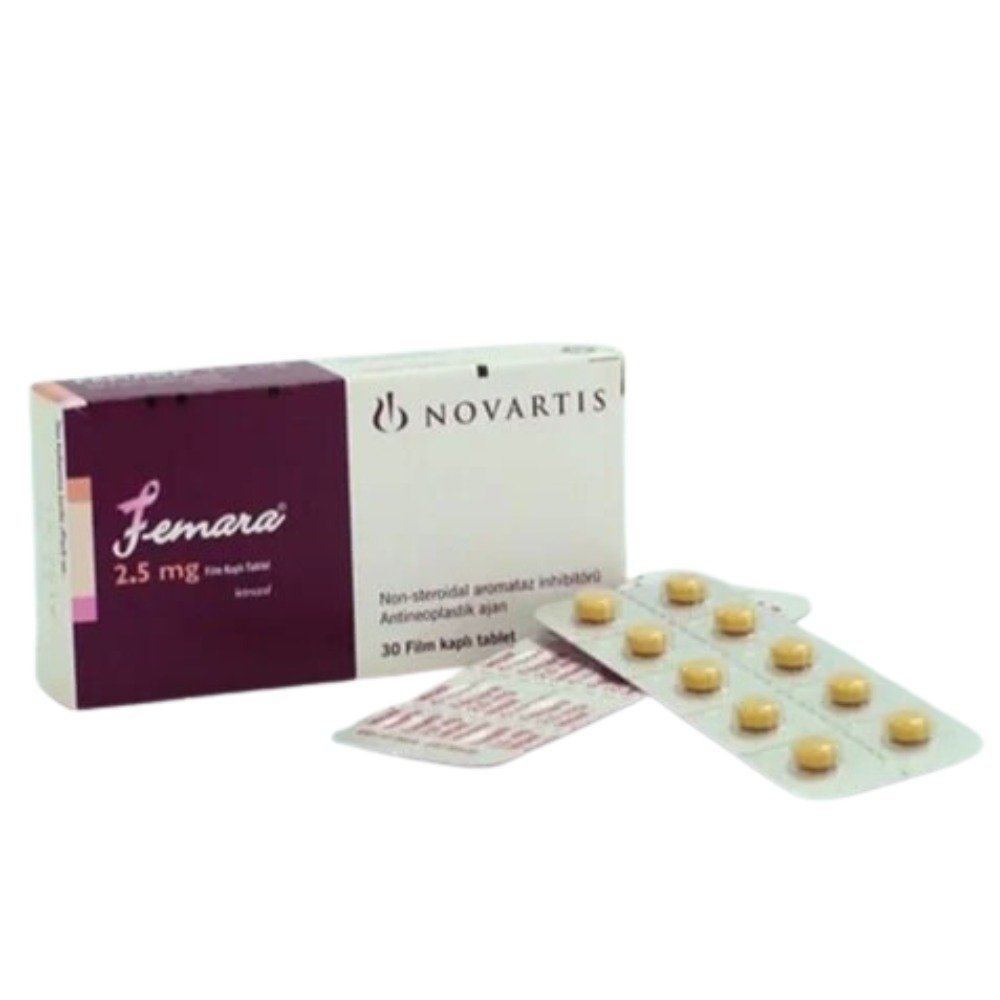


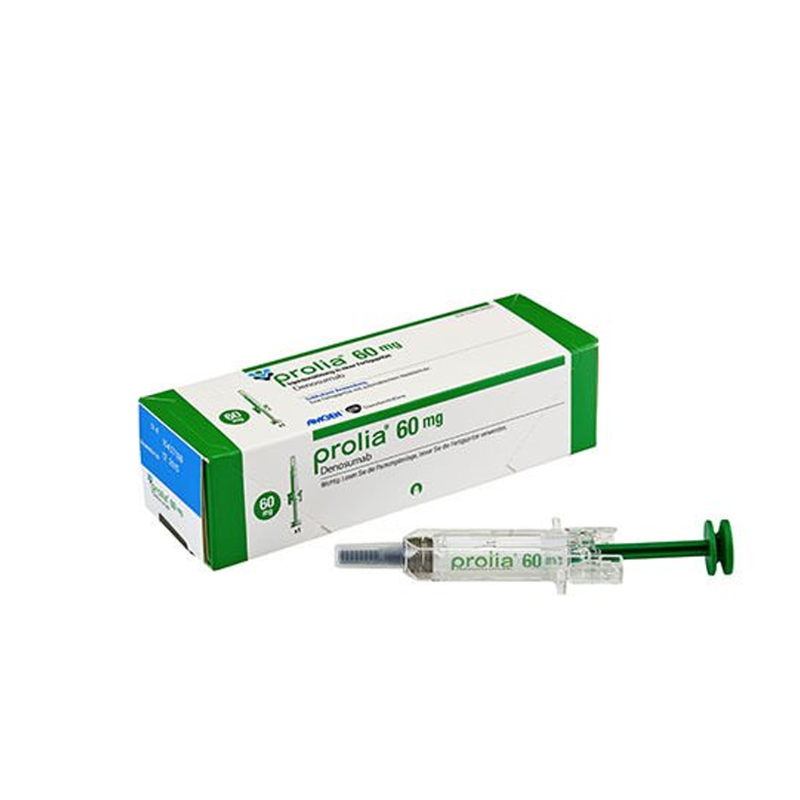
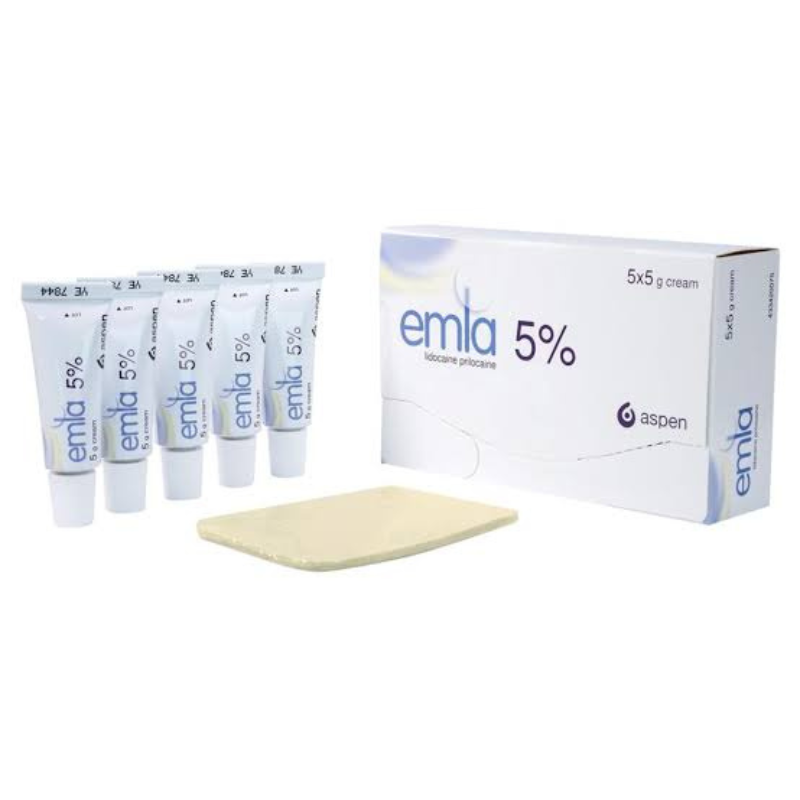
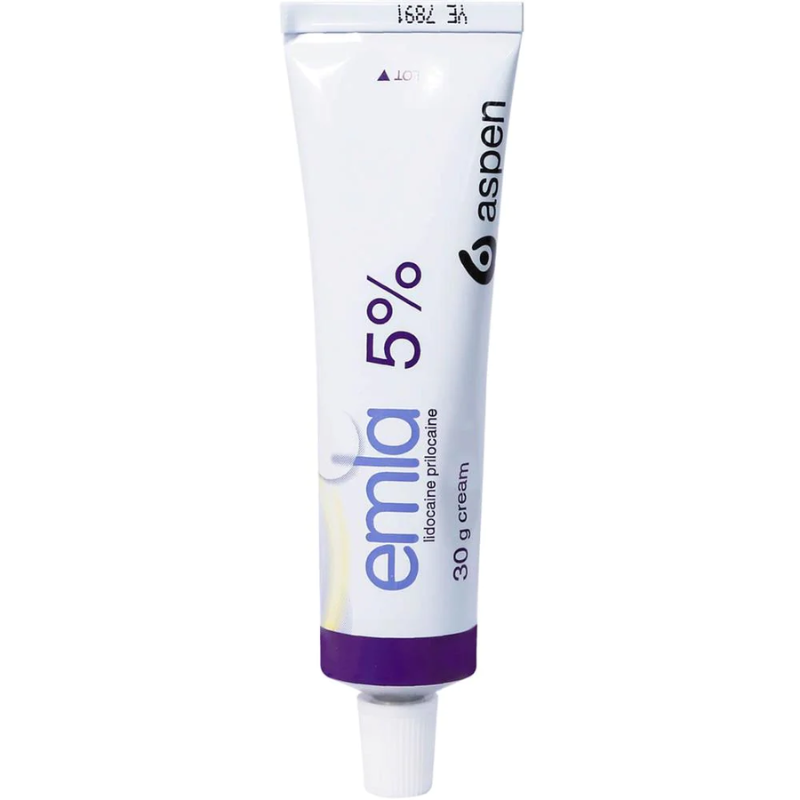
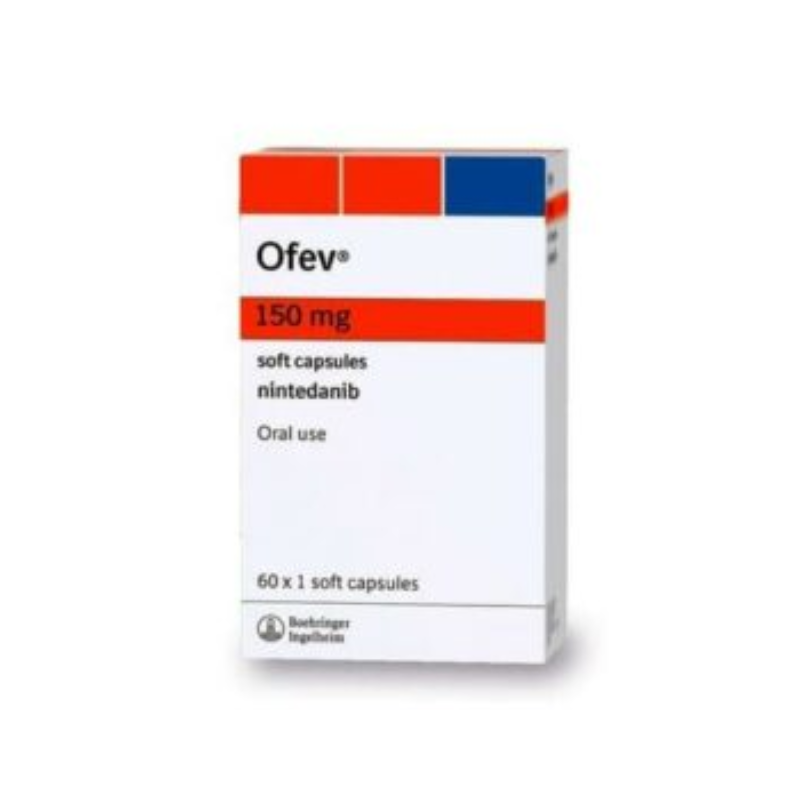
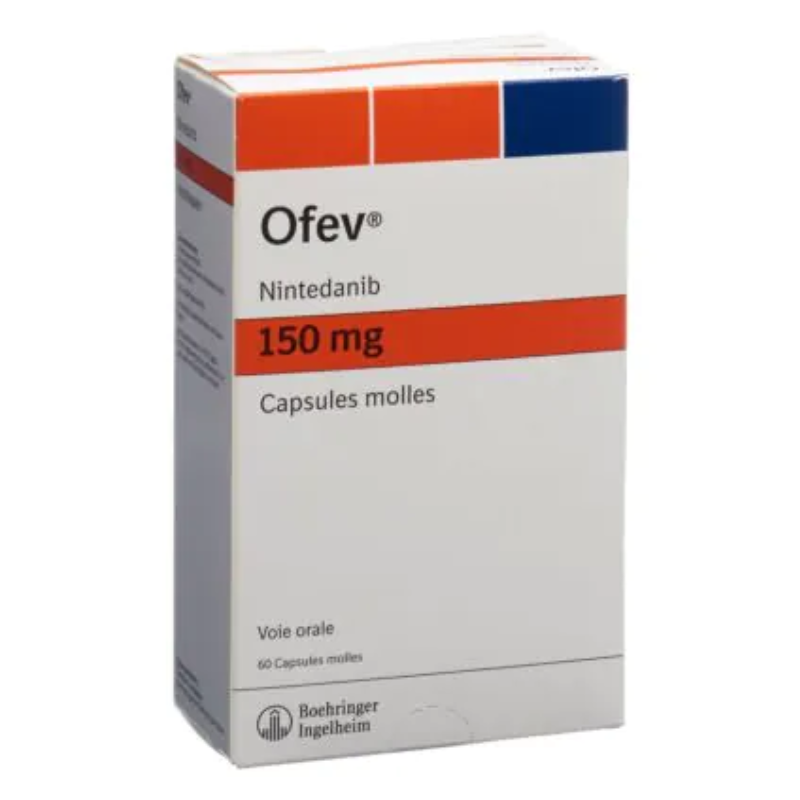
waleed shiekh –
good service and quality every time I order.